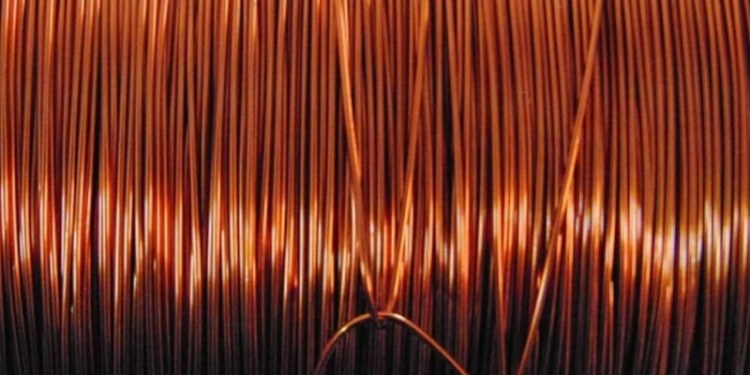Thailand is planning to sell down its rubber stockpiles in a move that will add more pressure on an already depressed international market.
The plan would undermine efforts by Thailand, Malaysia and Indonesia – three of the world’s top exporters – to halt a price plunge that is hitting farmers and worsening the financial drain on Bangkok from agricultural subsidies.
A combination of lower than hoped for natural rubber demand in Asia and the emergence of an aggressive new producer in Vietnam has sent the region’s market into a two-year tailspin. Attempts to reverse its course have so far proved futile.
Yukol Limlamthong, Thailand’s agriculture minister, said the government would offload 220,000 tonnes – or more than 1.5 per cent of global annual production – from a natural rubber surplus built up as Bangkok tried to avoid flooding the market and pushing down prices further.
The minister gave no details of the sale, which would echo Thai efforts to offload warehoused rice in February. Rice sales are aimed at generating funds for a government hamstrung by political crisis and shorn of many revenue-raising powers because of its caretaker status.
The sale comes even though Thailand is part of a cartel – along with Indonesia and Malaysia – that accounts for the bulk of the world’s natural rubber production and called earlier this year for a temporary halt to sales amid steep price falls.
Thai natural rubber prices tumbled 17 per cent or more between January and late April, according to the Association of Natural Rubber Producing Countries.
Weaker than hoped for industrial demand for natural rubber in China and other Asian countries led to the build-up of production surpluses and the near-halving of prices between 2011 and 2013, according to data from the industry International Rubber Study Group.
January 2014: The generous rice subsidy scheme introduced by Yingluck Shinawatra after her election victory in 2011 is hugely popular among her supporters in Thailand’s rural north and northeast, but is seen as wasteful and corrupt by her opponents in Bangkok
At the same time Vietnam has emerged as a big new source of rubber, with a government push helping propel production up more than 50 per cent in seven years.
Given this huge oversupply, the Thai move is unlikely to have more than a short term impact on the rubber price, analysts say.
But Edy Irwansyah, an official at the Indonesian rubber association in North Sumatra, a major producing province, said the Thai plan would “add further downward pressure on the natural rubber price in international markets”.
“The international rubber price trend at international market doesn’t look good until the end of this year and we predict the rubber price will stay below $2 per kilogramme,” he said. “We have already urged Indonesian rubber producers to reduce their exports by 10 per cent in order to stabilise the price.”
The Thai rubber sale – and its potential impact on prices – could also feed into the incendiary domestic politics of commodity subsidies, which are part of Thailand’s deep-rooted and occasionally violent power struggle.
While subsidies lavished on the largely government supporting rice-growing north of the country have generated increasing criticism over their high cost amid allegations of corruption, rubber price support – or the alleged lack of it – has fuelled anti-government feeling in southern opposition areas. Clashes between protesters and security forces in south Thailand in 2013 forced the administration of Yingluck Shinawatra, prime minister, to double subsidies to rubber growers.
– Financial Times




























